Newsletter
Don't miss a thing!
We regularly provide you with the most important news, articles, topics, projects and ideas for One World – No Hunger.
Newsletter
Don't miss a thing!
We regularly provide you with the most important news, articles, topics, projects and ideas for One World – No Hunger.
Please also refer to our data protection declaration.
by Carolin Schaar
gebana, a Swiss fair trade company, follows the principle of "sharing" with its corporate philosophy: farming families in the Global South participate directly in the turnover of their online shop. The company invests directly in the producing countries, thus promoting economic growth and creating jobs. Caroline Schaar from Gebana on the approach behind it.

From banana women to trading company
gebana was born out of a women’s movement in Frauenfeld in Switzerland in the 1970s, when activists known as “banana women” made consumers aware of how female workers were exploited on Latin American plantations. The group grew into a Switzerland-wide movement that organised attention-grabbing protests and went on to found the “Arbeitsgemeinschaft GErechter BANAnenhandel”, gebana for short, in the 1980s.
In 1998, gebana AG was incorporated as a trading company with the aim of combining social and ecological values in an economically viable manner and establishing holistic sustainable supply chains for comestibles. Soon after, the company began to invest in local processing facilities and establish direct contact with farming families in the Global South, working closely with local partners to create value chains in Brazil, Burkina Faso, Tunisia, Togo and Benin. Today, gebana sells these partners’ products in bulk directly to consumers through its own online shop as well as to retailers through a Dutch subsidiary.
A holistic approach to sustainability
Strengthening the economic power of countries with massive poverty, creating dignified working conditions and increasing women’s involvement in the economic system – these are all major objectives for gebana. The company recognised early on that such changes could not be brought about through the price of agricultural goods alone. Based on a holistic approach, gebana establishes independent businesses in countries of origin, creating value and employment locally, transferring know-how and paying taxes. Maintaining direct contact with farming families enables the company to ensure that bonuses actually reach their intended recipients, but these direct interactions also provide opportunities to discuss organic farming or issues such as child labour.
Moreover, gebana’s activities in the Global South are always designed with longevity and perseverance in mind: establishing cooperatives and corporations and investing in ecological farming take a lot of time.
The company invests predominantly in West Africa, where other foreign investors are deterred by currency crises and military coups; for example, it is currently building a factory in Burkina Faso that will create 1000 new jobs in mango and cashew processing. The majority female workers will have access to modern infrastructure, a hospital ward and child care, and the switch to more technologically advanced procedures will boost skilled employment.
Sharing as a cornerstone of economic activity
Companies that only share their profits with investors rather than critically examining their entire supply chain promote inequality. Labels and certifications ensure minimum standards, but they often serve as fig leaves. Traders in raw materials, in particular, often care little about the actual conditions on the ground as long as the goods bear the right label.
This is why gebana has chosen a different path: the company knows its producers and actively supports them by sharing turnover and profits within the value chain.
Fair trading companies usually pay a fair trade bonus and, if applicable, an organic farming premium on top of the raw goods price. Sales prices are set after margins at numerous other trade levels have been optimised, and vastly exceed the original price of the raw materials. This is why gebana has developed its own model that turns customary pricing calculations on their head: the company pays ten percent of the sales price achieved in its online shop to the farming families – on top of the raw materials price and any premiums. These payments are distributed among all the farming families that supply gebana, including those that provide products for the bulk retail business.
This means that while each individual farming family receives less, the circumstances of an entire region are substantially improved.
Bridging the gap between farming families and consumers
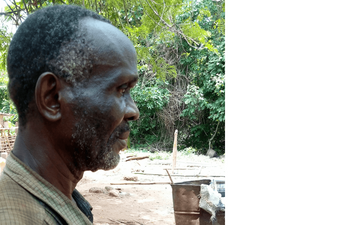
Kossivi Donko, a cocoa farmer and picker from Kawu-Cope village in Togo, says of gebana’s profit-sharing: “Today we are still very happy about this gesture from gebana. The money allows us to buy materials to maintain our fields, or young seedlings to renew or expand our plots of land. [...] This is the third year in a row that we have received this payment to encourage us, and we are very happy about it.”
In 2022, gebana paid out a total of 967,520 euros in revenue shares directly to farming families in southern countries – a sum the company hopes to at least double over the coming years by integrating more farming families, but also by growing its sales.
This method of doing business creates a link between farming families in the Global South and consumers in the Global North, which together with gebana form a system. If this system makes a profit, that too is shared: with all the company’s staff in the North and the South, with investors and also with customers in the online shop. While the shareholders have so far always reinvested their third of the profits into the company, this profit sharing represents a very interesting wage supplement especially for the currently 800 people working at the company’s subsidiaries in the Global South – one which in turn increases their purchasing power.
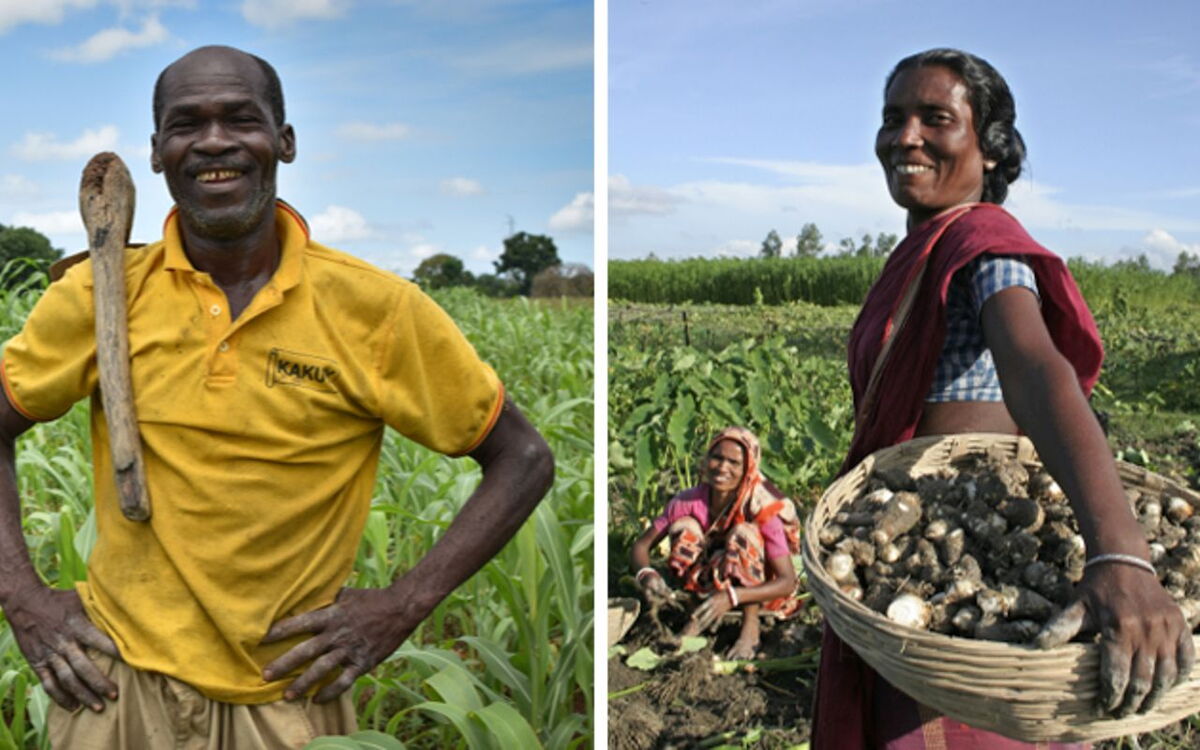
Read more Ideas on the ground: Local solutions for global challenges
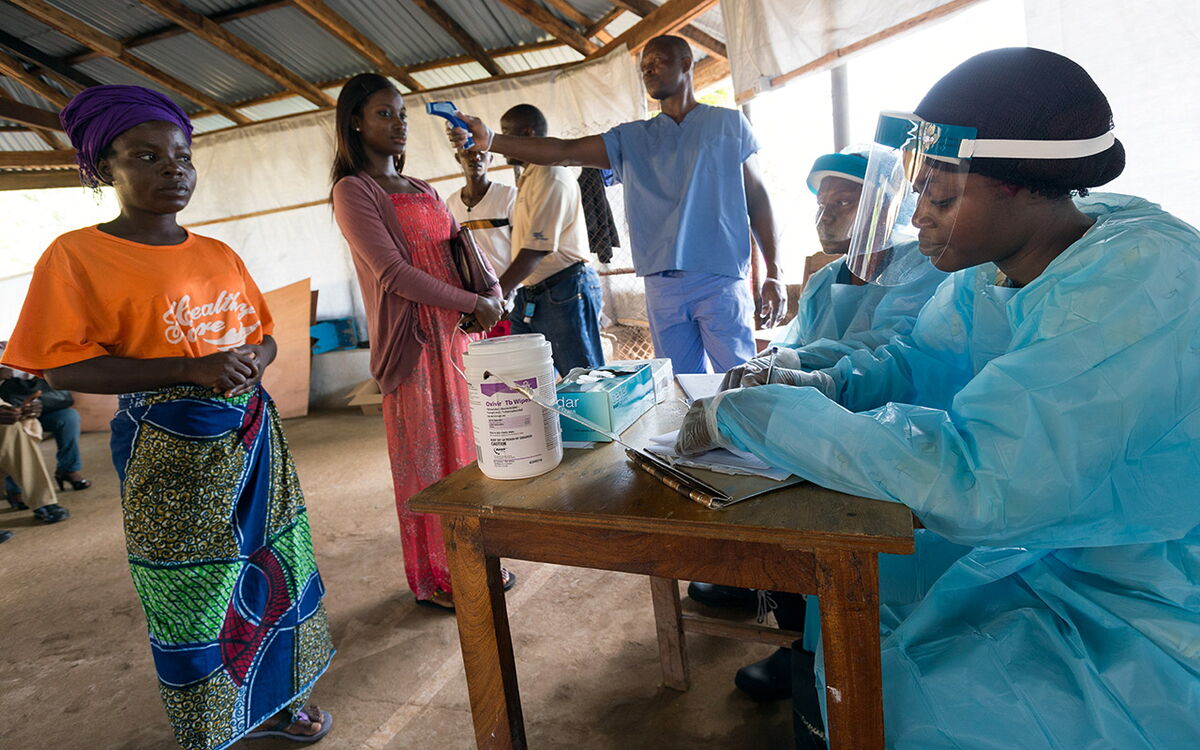
Read more “Corona exposes the weaknesses of our nutritional systems"

Read more Ebay Against Hunger - How an App Supports Crop Sale of Rural Small Holders in Zambia


Read more Reference values: A building block on the road to social equality


Read more Ms Rudloff, what are the benefits of a supply chain law?
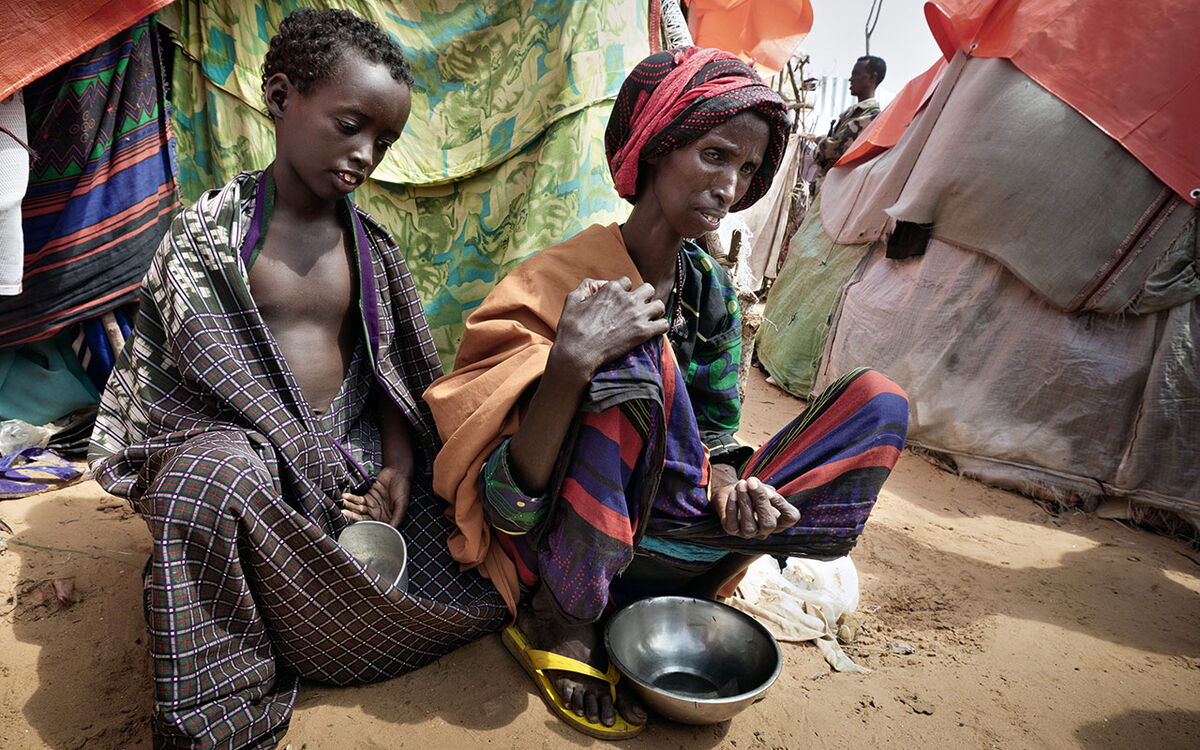
Read more Global responsibility: Tackling hunger is the only way forward

Read more Freed from trade? Towards a fairer EU Trade Agenda


Read more Statement from GAFSP Co-Chairs: GAFSP and COVID-19 Pandemic

Read more Sustainable Artisanal Fisheries and Aquaculture in Rural Areas
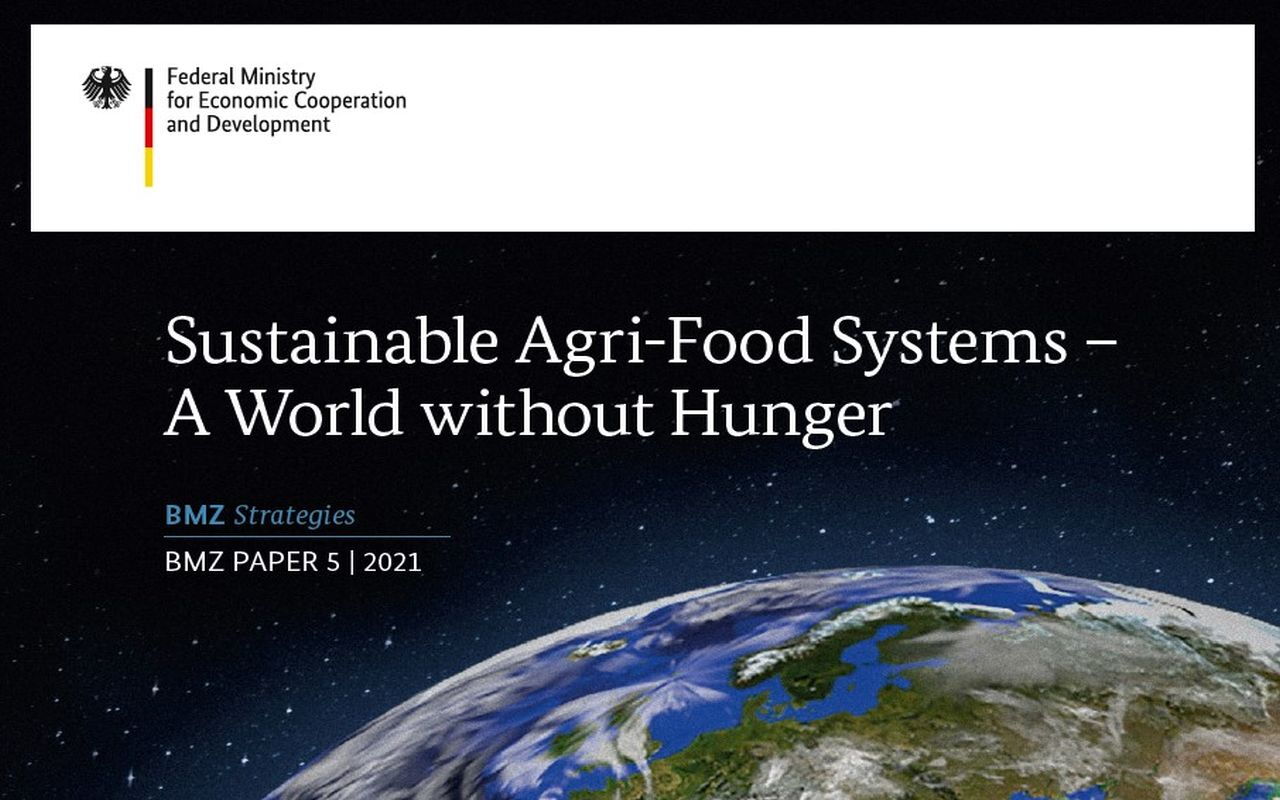
Read more Nine Harvests Left until 2030: How Will the BMZ Organise Itself in the Future?
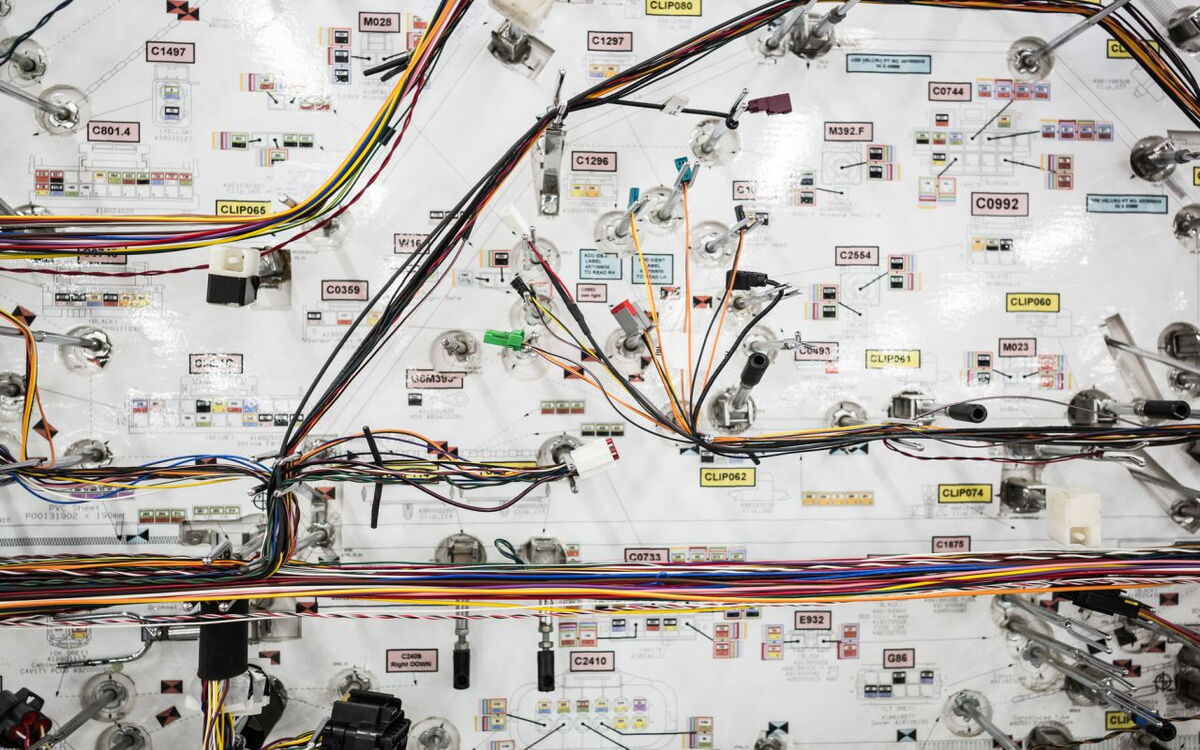
Read more The Future of Development Politics: Voices from the Parliamentary Groups

Read more New legal initiatives towards deforestation-free supply chains as a game changer

Read more Achieving more together – New forms of cooperation for sustainability in the cotton sector
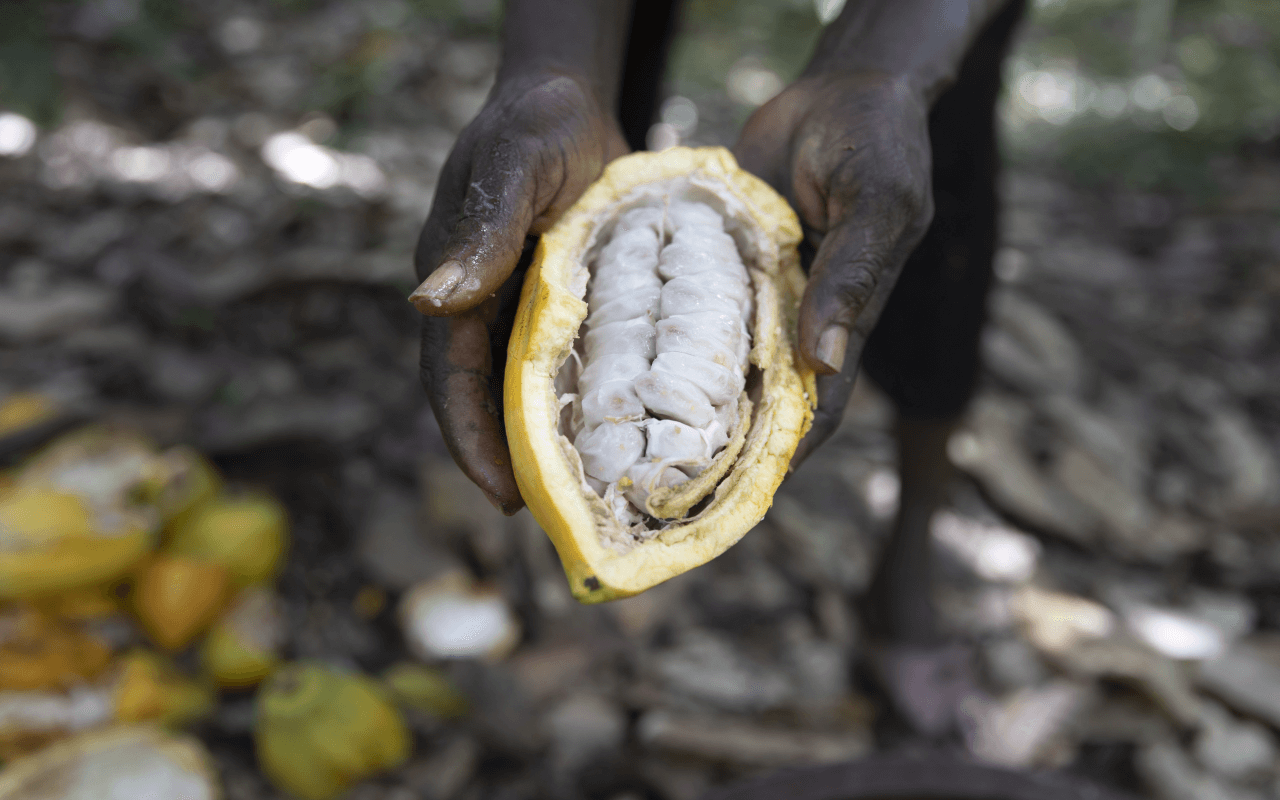
Read more Côte d’Ivoire: Sweet Temptation without a Bitter Taste

Read more Fair Trade and Climate Justice: Everything is Conntected

Read more The Rice Sector in West Africa: A Political Challenge

Read more Controversy: Do supply chains need liability rules?

Read more Do import restrictions really benefit the local poor in West Africa?

Read more Sang'alo Institute invests in farming of sunflower crop

Read more The Agri-Food Map: An interactive map to explore sustainable agri-food systems
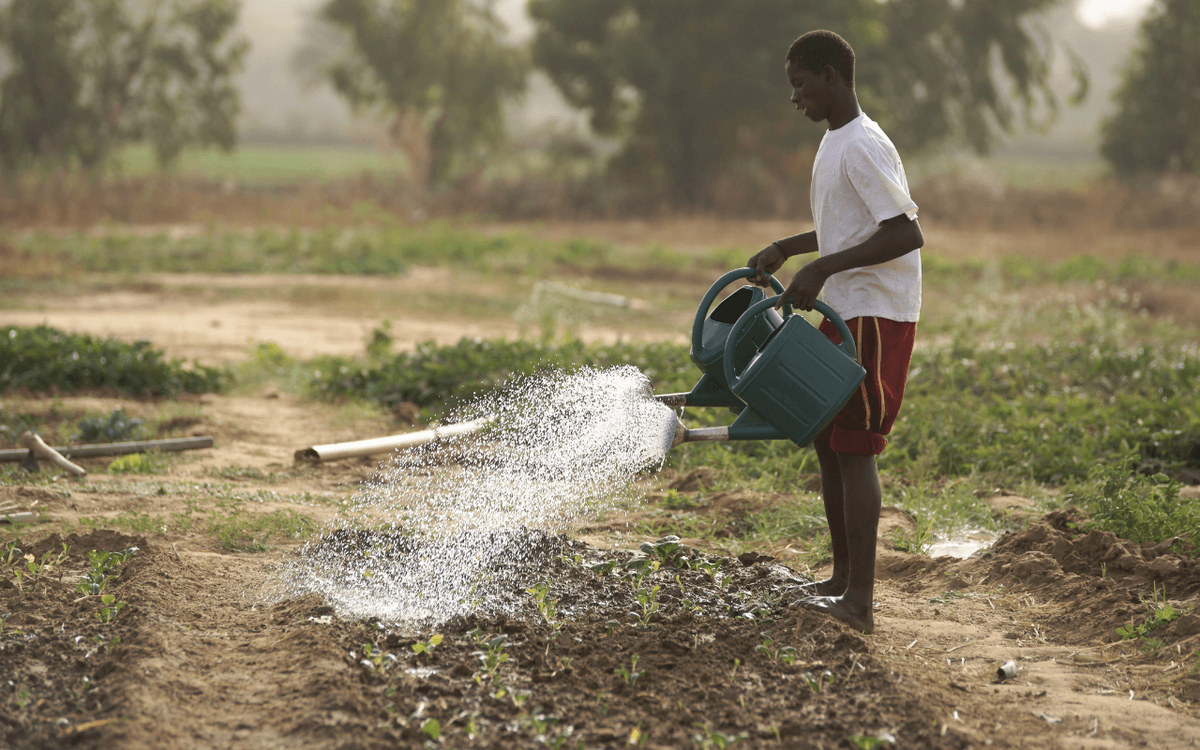
Read more Strengthening the market linkages of smallholders in the face of global supply shocks

Read more From the perennial to the catwalk – banana silk as an alternative

Read more How a Tea adds to Forest Conservation and Food Security

Read more From the Tree to the Street: The Story of Natural Rubber
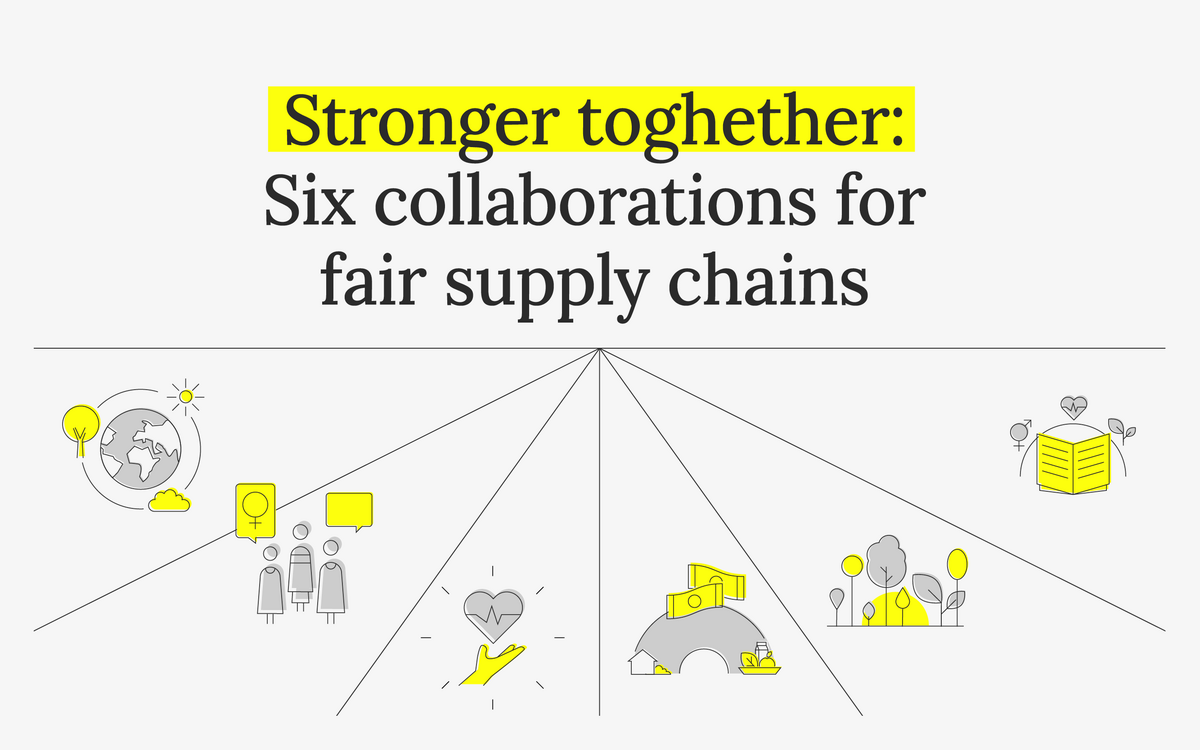
Read more Stronger toghether: Six collaborations for fair agricultural supply chains
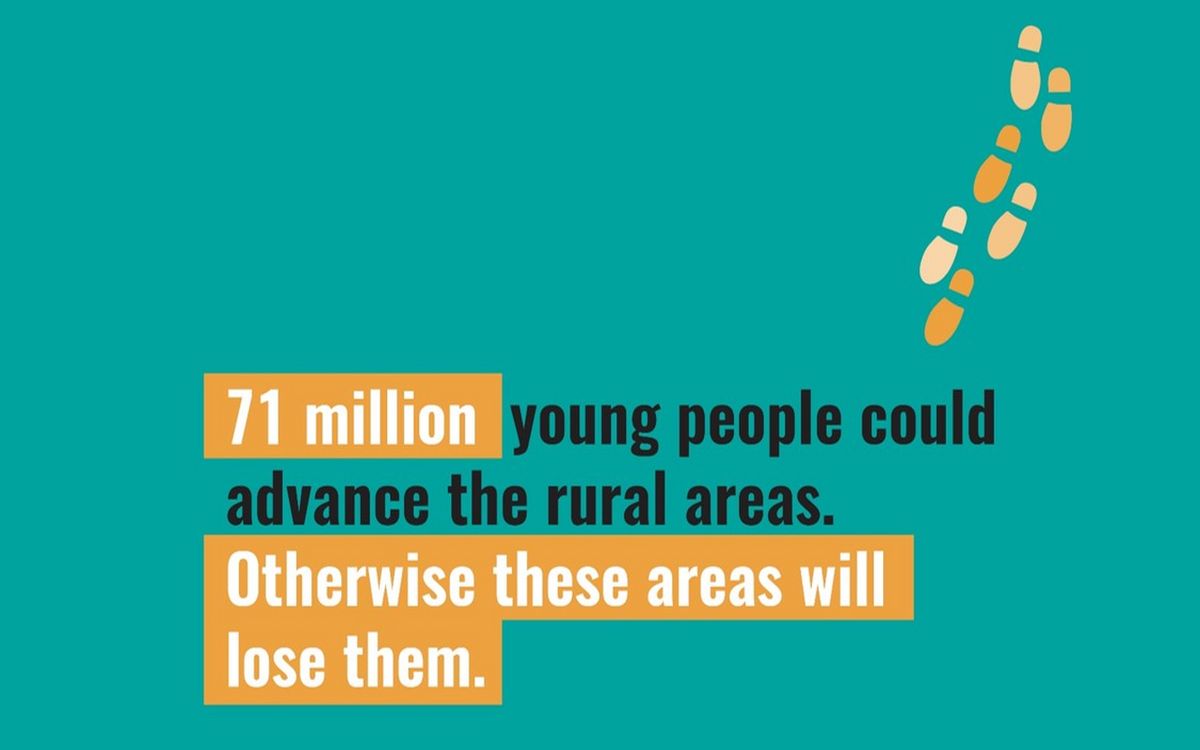
Read more Answers from the youth: "Leave or stay? That depends on it!"


Read more From start to finish: a vision of interconnectivity

Read more Youth as key actors for a transformation of agri-food systems

Read more Mozambique: How informal workers find jobs through an app

Read more Stepping into the future: How youth organisations are driving change

Read more Female Leadership: A Key Lever for Transformation?
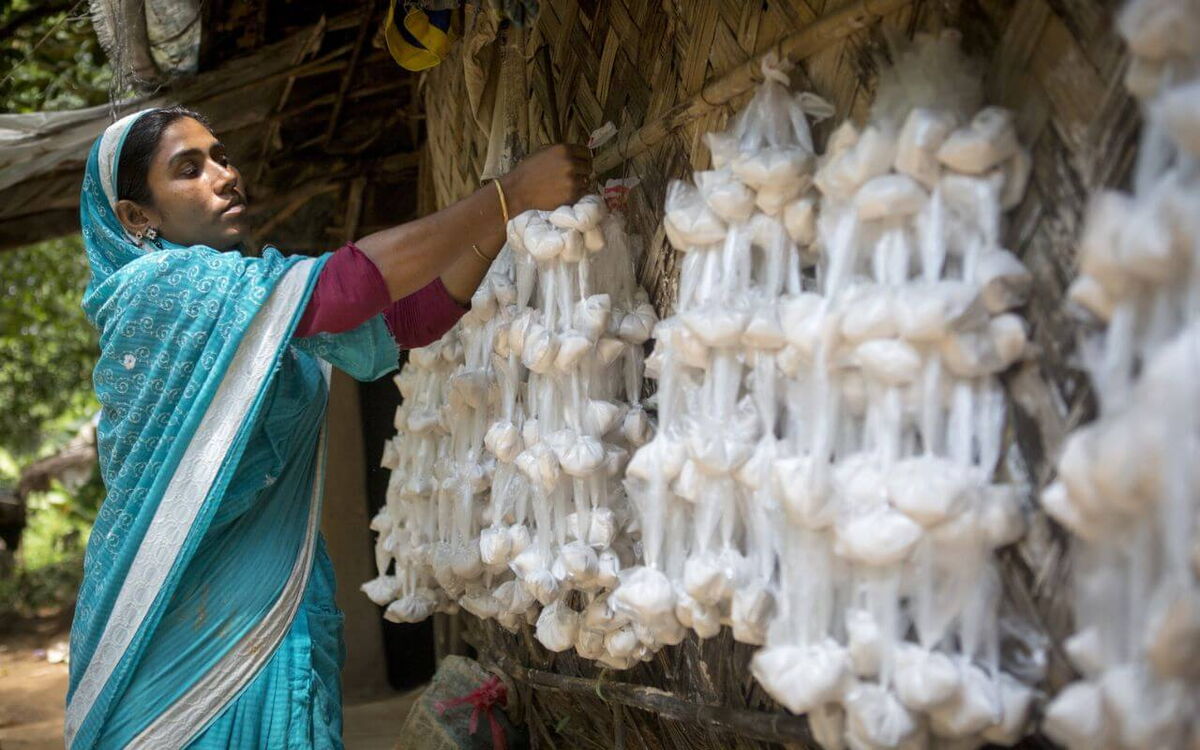
Read more Gender-Transformative Approaches – Unlocking Everyone’s Potential

Read more "We have high expectations of the Kampala Declaration"
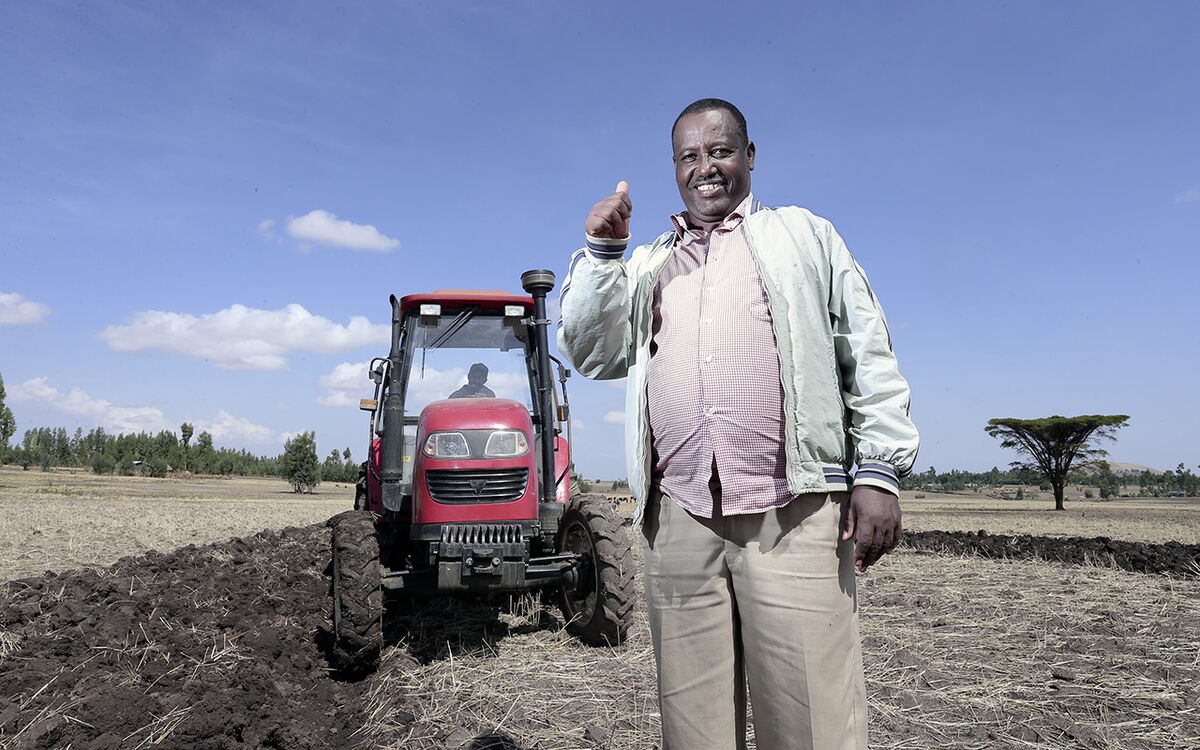
Read more How much private investment is the agricultural sector able to bear?

Read more Developing countries hit doubly hard by coronavirus
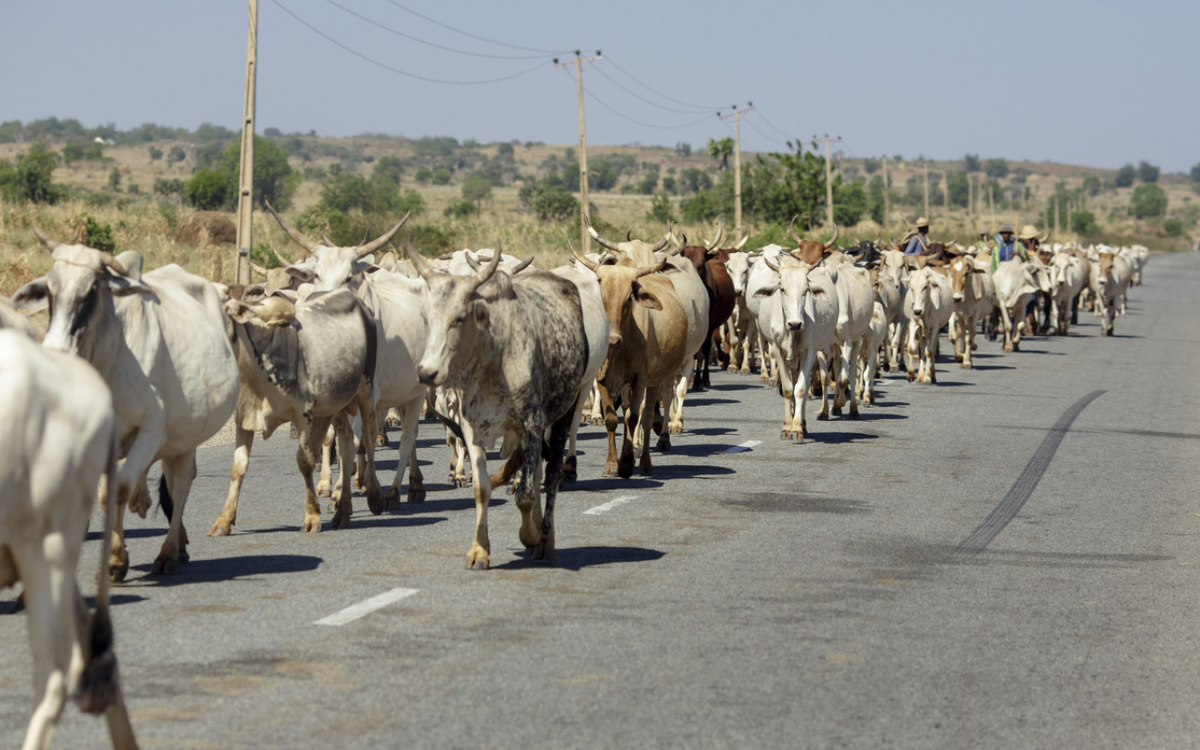
Read more Our Food Systems are in Urgent Need of Crisis-Proofing: what needs to be done

Read more 2022, a year of crisis – What does it mean for African trade and food security?

Read more COVID-19 and Rising Food Prices: What’s Really Happening?
We use cookies on our website. Some of them are essential, while others help to improve your user experience. Your consent is voluntary and can be revoked at any time on the "Privacy" page.
Protects against cross-site request forgery attacks
Saves the current PHP session.
Content from third-party providers, such as YouTube, which collect data about usage. Third-party content embedded on this website will only be displayed to you if you expressly agree to this here.
We use Matomo analytics software, which collects anonymous data about website usage and functionality to improve our website and user experience.